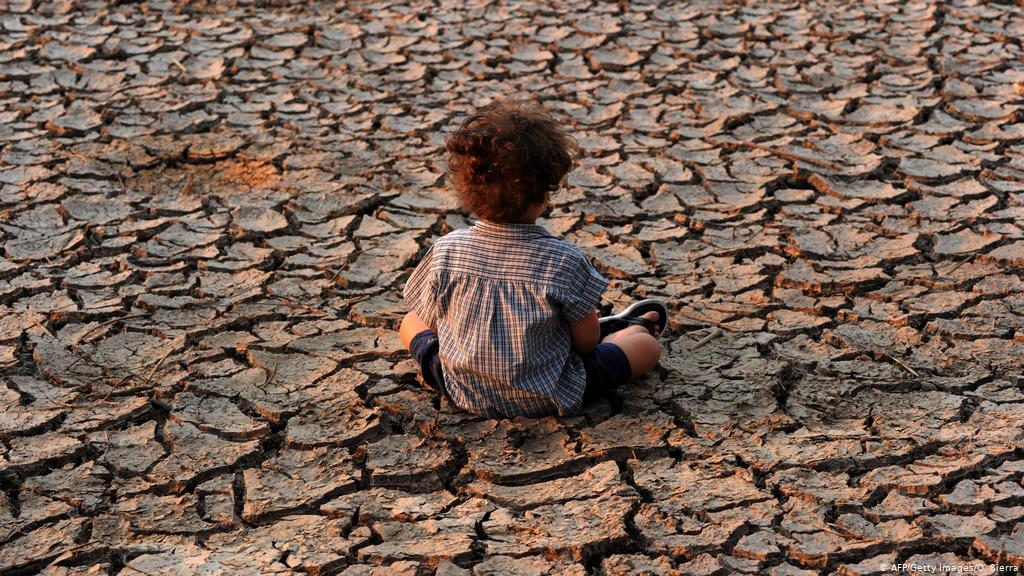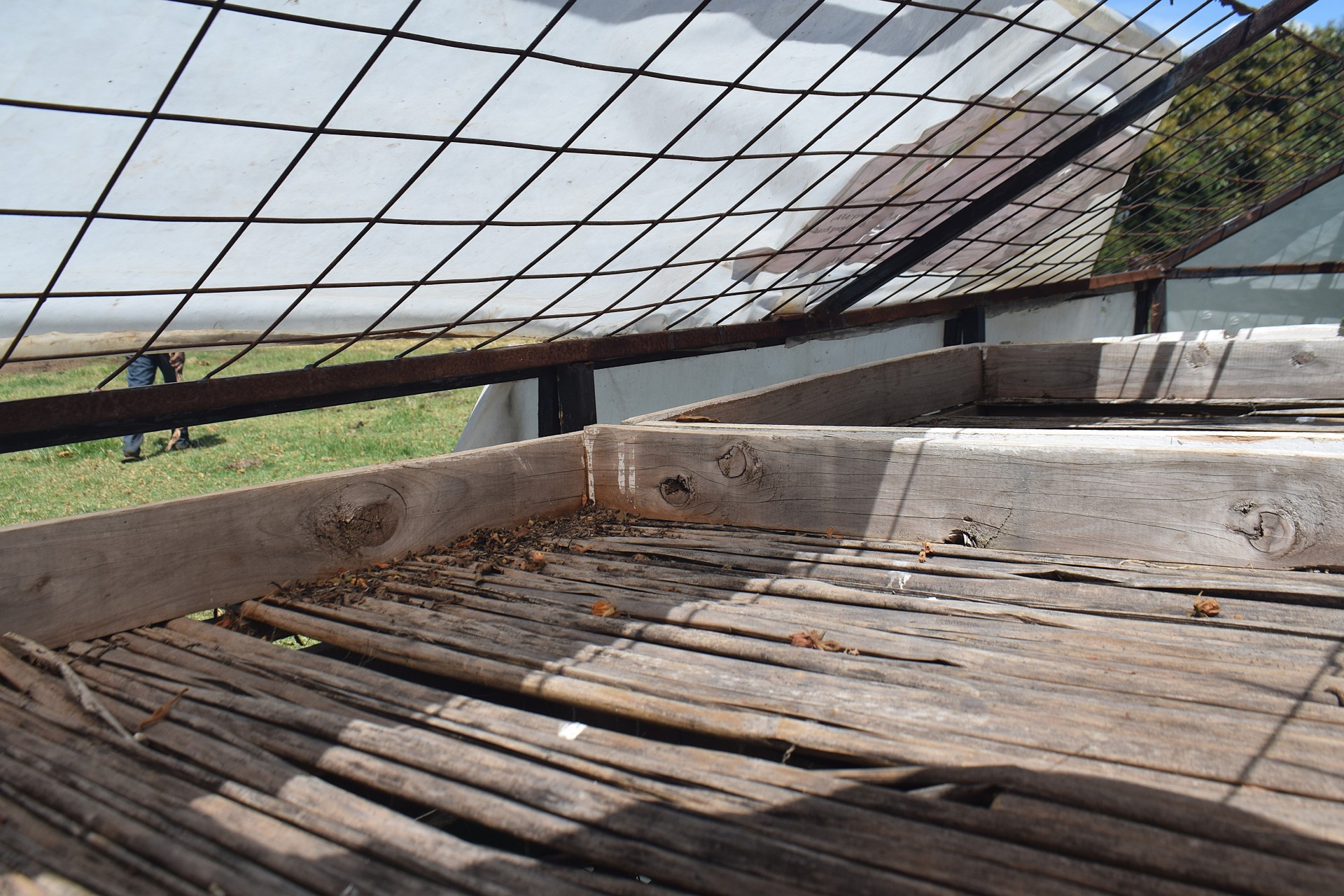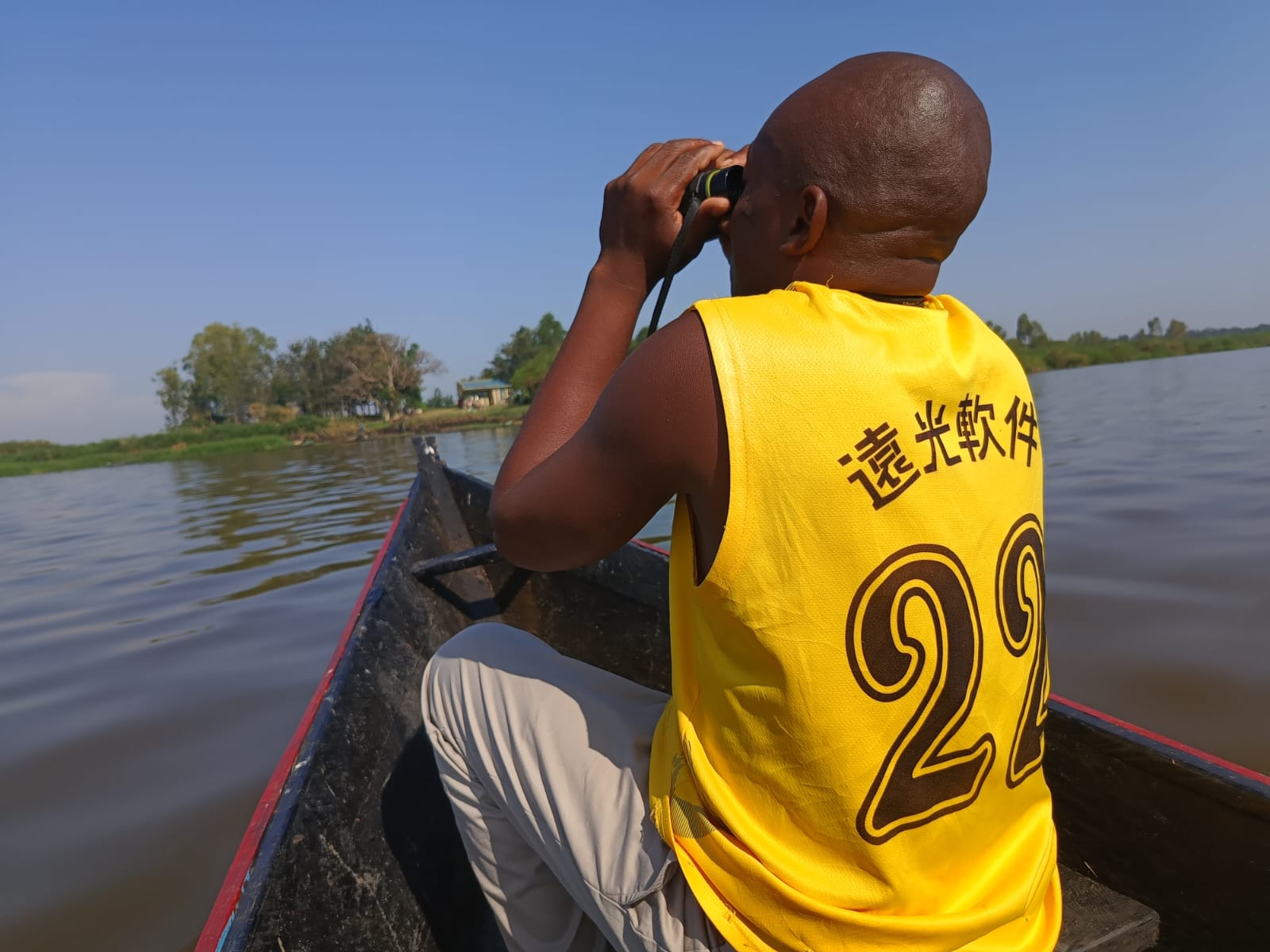- Understanding and addressing the specific risks faced by these groups is crucial to safeguarding their well-being and building resilience in a changing world.
While the impacts of climate change are far-reaching, certain groups within society are particularly vulnerable to its consequences. Children, pregnant women, older adults, individuals with pre-existing medical conditions, and marginalized populations face unique challenges that make them more susceptible to adverse health outcomes.
Understanding and addressing the specific risks faced by these groups is crucial to safeguarding their well-being and building resilience in a changing world.
Children
Among the most susceptible to the health impacts of climate change are children. Their developing bodies and immune systems make them more prone to heat stress, dehydration, and respiratory ailments triggered by air pollution and bushfire smoke.
Children rely on adults for safety and recovery in emergencies, amplifying their vulnerability. Ensuring their protection becomes paramount as we navigate a rapidly changing climate.
Read More
Pregnant Women
The physiological demands of pregnancy render expectant mothers more susceptible to heat stress during heat waves. The well-being of both the mother and the unborn child is at stake, with exposure to air pollution and smoke from bushfires posing additional risks.
Safeguarding the health of pregnant women becomes an imperative, as their well-being directly impacts the future generations they carry.
Older Adults and Individuals with Pre-existing Conditions
The elderly and those with pre-existing medical conditions face heightened risks due to climate change. Dehydration, heat stress, infections, and exacerbation of heart and lung diseases become more prevalent in a changing climate.
Their vulnerabilities demand targeted attention and support systems that ensure their well-being during extreme weather events and everyday life.
Vulnerable Populations
Inequities in health outcomes and limited access to healthcare and other essential services place specific populations at elevated risk. People living in rural and remote areas, Aboriginal and Torres Strait Islander communities, individuals with low incomes, and other vulnerable groups face unique challenges.
The impact of climate change on these communities is compounded by their existing vulnerabilities, necessitating a multifaceted approach to address their needs and ensure their resilience.
Rural and Coastal Communities
Residents of rural and remote communities and those living along the coast confront the direct consequences of extreme weather events. Bushfires, droughts, storms, and rising sea levels threaten their health and well-being.
Strengthening infrastructure, emergency preparedness, and community resilience are essential to protect these populations from the intensifying impacts of climate change.
It is a collective responsibility to ensure a healthier, more equitable future for all in the face of a changing climate.




-1769677767.jpg)

